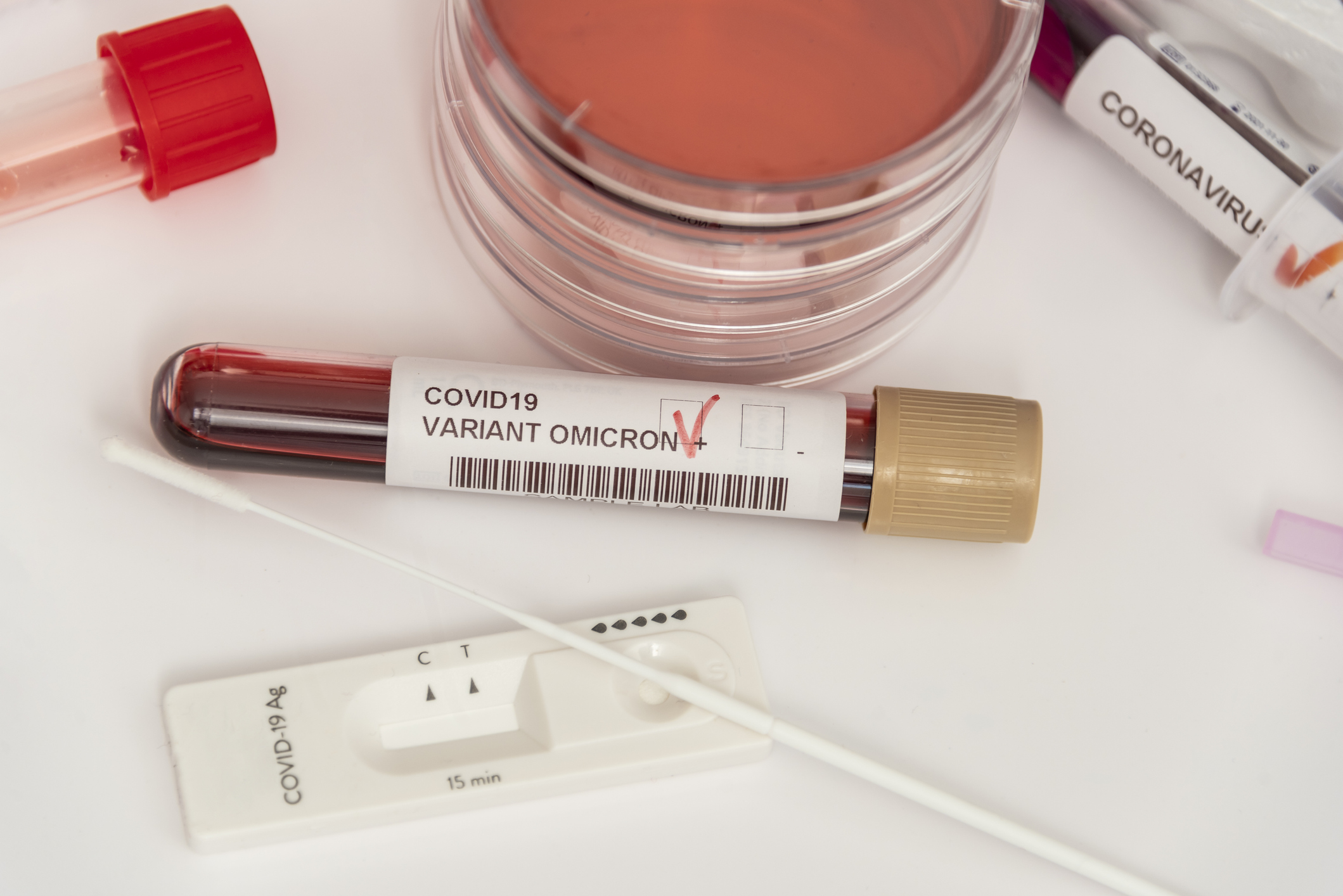With new information about the surging omicron coronavirus variant, the US Centers for Disease Control and Prevention significantly expanded its recommendations for booster shots on Monday. All adults over the age of 18 are eligible for a booster dose of the COVID-19 vaccines and it is now advised that everyone who qualifies, not just vulnerable populations, get another shot.
Although much remains unknown about the new variant, researchers have said that omicron has a high number of mutations that may make it more easily transmitted and, according to the Washington Post, better able to penetrate immune system defenses. Existing vaccines are expected to provide some protection but South Africa, where the omicron variant was first reported, is expecting more than 10,000 cases by the end of the week per day. Vaccinations do appear to be effective at preventing serious symptoms.
In the aftermath of high volumes of travel during the US Thanksgiving weekend, it is anticipated the demand for COVID testing will be high this week and health officials recommend waiting several days after any potential exposure for a more accurate result. A PCR test, scheduled five to seven days after your last exposure is advised.
In Quebec Canada, where several omicron variant infections have already been detected, government health officials are urging people to reconsider holiday travel and have warned against large celebrations. Gatherings in private homes are limited to 10 people. Health Canada has authorized the Pfizer Comirnaty COVID-19 vaccine as a booster shot for adults 18 and older, at least six months after completing the initial vaccine series.
Check with your local Health Unit to learn more about when and where to receive a booster vaccine and for more information about the impact of the omicron variant on travel, COVID testing and vaccination, and quarantine measures. For ongoing omicron updates and to learn more, visit the World Health Organization website here.






Add Your Voice
0 Comments
Join the Discussion